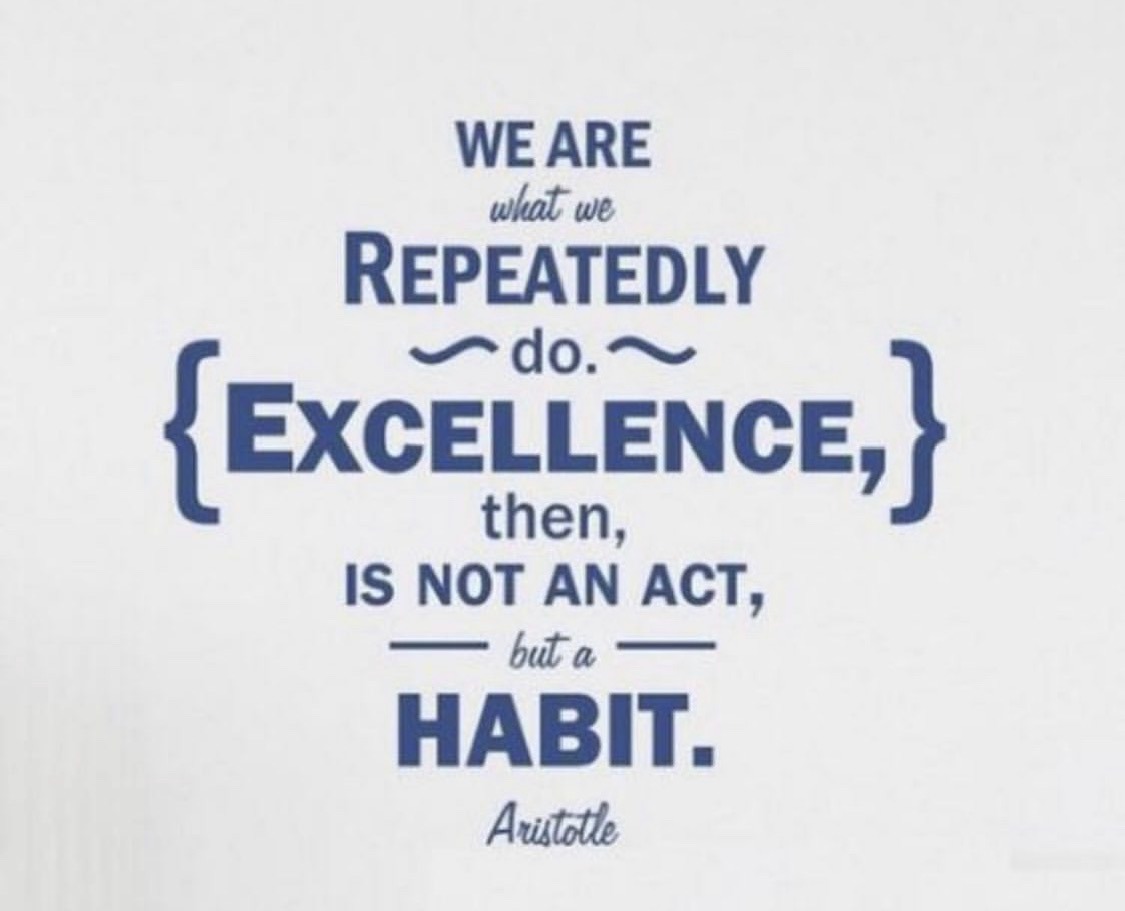Training. We are what we do.
Reading this you may be;
- New to swimming, able to swim lengths and looking to build your distance and stamina
- A fitness swimmer, looking to improve and enjoy the time you spend in the pool
- A Competitive swimmer used to completing regular sets of 5km or more, but finding it monotonous
- A triathlete looking to improve your swim time and increase the distance, but not sure how
- An open water swimmer, looking for your next challenge, 5km, 10km, Lake crossings or even the Channel.
As swimmers, our common goal is to improve and enjoy our time in the water. Training sessions provide a physical workout, but we often miss out on the neural stimulus that it can also provide. I often see individuals complete a continuous 1500m or longer with no stops and no technique work or meet those who want to improve their swimming, but don’t enjoy their time in the pool as they find it boring. In both cases they are counting lengths, but not making the lengths count or enjoying the mental challenges that working on your technique can bring.
How to do this;
Manageable Chunks – humans lose focus, breaking up a longer distance into chunks and taking mental rests, allows you to repeat great form, you don’t want to practice a deteriorating stroke. This may be 50m or 400m until your brain wanders or your stroke deteriorates.
A reason for repeating – we are what we repeatedly do, what can you learn from each repetition, these repeats allow you to identify, explore and implement. By their very nature repeats will increase the distance that we swim, our priority should be to repeat and reinforce high quality and effective movement patterns., this becomes more of challenge as we fatigue and our stroke deteriorates.
Stroke Counting – data leads to better results; how many strokes you take to swim a given distance will give you important information about your stroke and efficiency, apply this with a metric, be that tempo, time or distance and you will see tangible data in your performance.
Honing your skill – Focal Point swimming –what is it that you are focusing on? When Sir Dave Brailsford become head of British Cycling in 2002 the team had almost no record of success: British Cycling had only won a single gold medal in it’s 76 year history. In the 2008 Beijing Olympics his squad won seven out of ten gold medals available in track cycling and then matched this at the 2012 London Olympics. Sir Dave applied the theory of marginal gains, by breaking down everything that goes into competing on a bike, and then improving each element by 1%, they would achieve a significant aggregated increase in performance. Swimming technique can and should be approached with the same mind-set
Swimming drills – a drill only works when it has a point! What drills are you doing and why. How is it improving your swimming?
Emotional confidence – if you are preparing for a longer swim, as with Marathon training it’s not essential to do the whole distance, but to add in longer swims to emotionally reinforce you are capable of completing the swim. If you have trained your nervous system so that your technique doesn’t deteriorate your form will remain more energy efficient.
The power of positive reinforcement; this is not only more motivational, it is ok to have off-times in the pool, do something different – change the plan.
Pursue progress, not perfection; technique is a swimmers priority, but don’t get bogged down with perfection. There is no such thing.
Principles of Fitness; Mix it up. A complete athlete will cover all components of fitness; endurance, threshold & speed sessions. Technique should always translate to improved movement economy. Don’t neglect your mental fitness and willingness to push your limits aiming to stay as relaxed as you can whilst doing so. Recover and rest.
Increase the challenge and sit on the edge of your comfort zone – this is where we thrive, we don’t always like it and it can make us feel that we are failing and want to back out, improving isn’t meant to be easy. Test your capabilities and limits.
If swimming is your time to relax and switch off and focus on your swimming technique you can shut out the rest of the world and find that your time in the pool becomes a mindful meditation in movement. The upside is that conditioning will happen and the distance will get covered.
Don’t just count lengths; make your lengths count.


